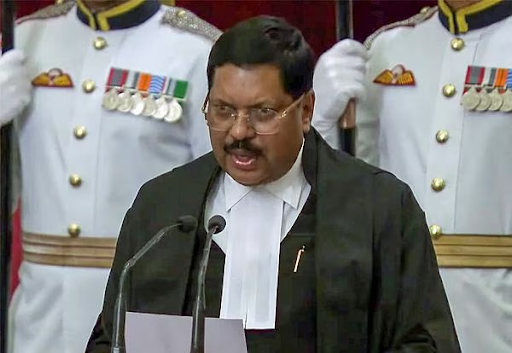Description

Copyright infringement not intended
Context: The significance of organ donation was emphasised by the prime minister in his 99th Mann Ki Baat address to the nation.
Organ Donation in India
- The Transplantation of Human Organs Act of 1994 provides a number of laws for the removal and preservation of human organs. Additionally, it controls the transplantation of human organs for medical treatment and prohibits the sale of human organs.
- The rate of organ donation in India is 0.52 per million people. The greatest organ donation rate in the world, in contrast, is 49.6 per million people in Spain.
- Spain has an opt-out system whereby a person is assumed to be a donor unless otherwise specified, in contrast to India, where a person must register to be an organ donor and the family must consent to it after death.
- Despite the rise in organ donation, the proportion of donations from the deceased has remained lower than that from the living. Organs donated by the family members of those who had cardiac or brain death are known as deceased donations.
- There is a regional imbalance in deceased donors. The top five states, Telangana, Tamil Nadu, Maharashtra, Gujarat, and Karnataka, accounted for more than 85% of all dead organ donations in 2021.

Way Forward
- The Transplantation of Human Organs Act, 1994 has to be amended to remove the strict bureaucratic process used by hospitals with self-declaration and required verification involving civil society.
- Public hospitals need to expand their infrastructure so they can perform transplants and give the poor access to affordable, high-quality care to improve the availability of donated organs to weaker populations.
Organ Transplants
https://www.iasgyan.in/daily-current-affairs/cadaver-organ-transplant
https://epaper.thehindu.com/ccidist-ws/th/th_delhi/issues/30152/OPS/GBJB1N4EG.1+G3KB1NN82.1.html
https://t.me/+hJqMV1O0se03Njk9














